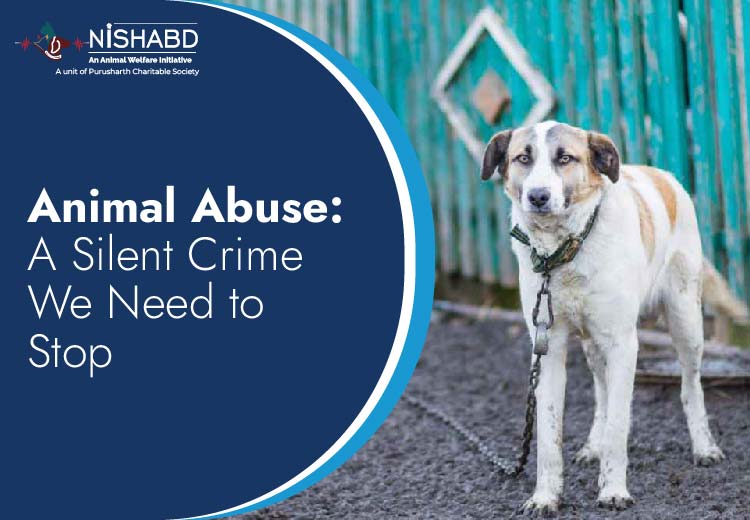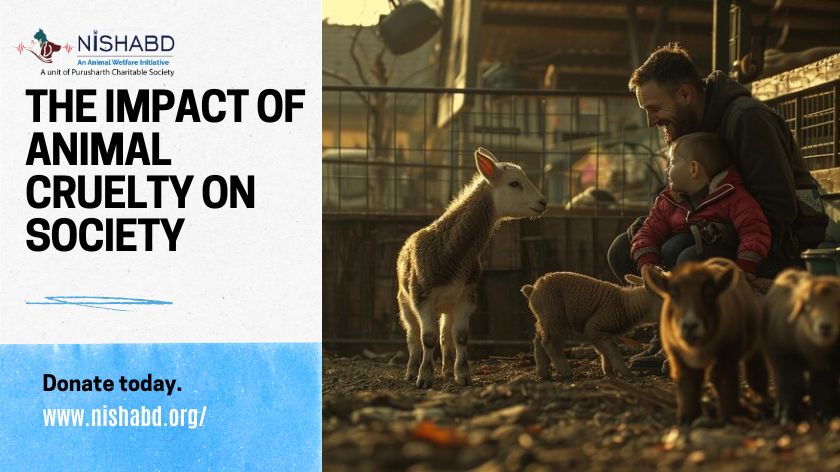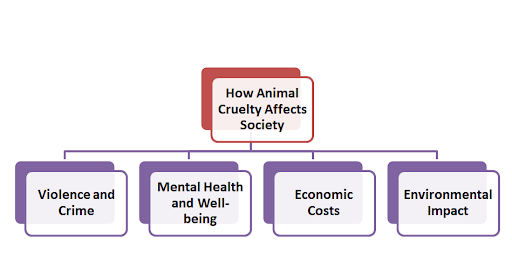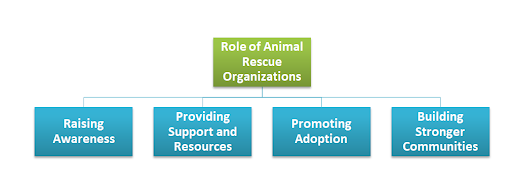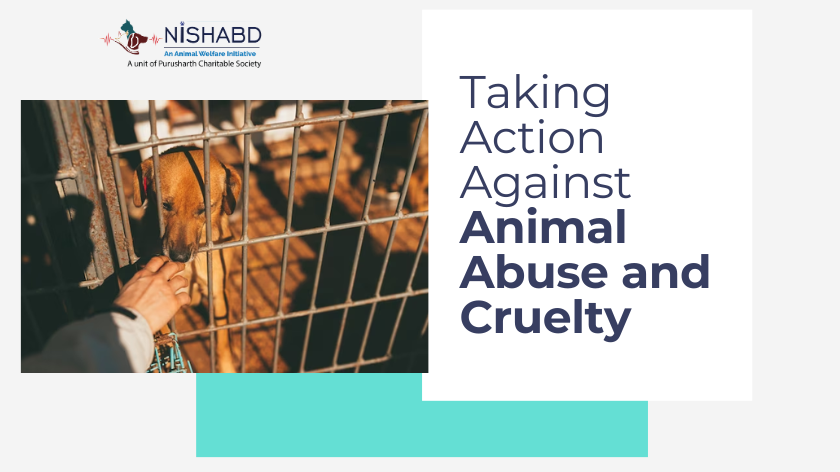Have you ever seen a dog being kicked, a cow hit with a stick, or a bird locked in a small cage and felt something wasn’t right? That feeling is your heart saying: this is not okay.
Animal abuse is sadly more common than we think. It happens every day, in many places, often silently. Many animals suffer in pain, fear, and sadness without any way to ask for help. However, the good thing is that we can take action to stop animal abuse.
This blog will help you understand what is animal abuse, how to recognize it, and most importantly, how can I report animal abuse when I see it (that many people ask).
What is Animal Abuse?
Animal abuse refers to any type of hurt or suffering caused to animals by deliberate act or due to negligence. It could be striking, starving, locking them in tiny cages and not providing them with water or causing them to be in suffering without medical attention. In addition, provoking animals or requiring them to play for entertainment is also a form of abuse.
Common examples of animal cruelty include:
- Doing anything to an animal or cat
- Tying a dog with a short chain for hours
- Do not feed or provide water to pets
- Leaving injured animals without help
- Stones or sharp things can hurt animals
- Pets should not be abandoned if they are sick
What is animal abuse? Animal abuse is a criminal offense that must be dealt with seriously. All living creatures deserve kindness and consideration.
Why Animal Abuse Needs to Be Stopped
It’s possible to be thinking: “It’s just an animal” or “It’s not my concern.” However, it’s our business. Animals cannot talk for themselves. If you don’t speak out, who will?
Here’s why we should stop animal cruelty:
- Animals are afraid of pain and fear as humans do.
- Hurting animals is not just cruel – it is illegal.
- Children who grow up seeing animal abuse can imitate the same.
- Everyone lives in a better, safer world when people are compassionate to animals.
- Abuse prevention can help save lives.
Many cats, dogs, cows, even birds suffer in silence every day. If we can raise our voices, things will be changed. When you consider, how do I file a complaint about animal cruelty? Your action may save the life of a pet.
How to Know if an Animal is Being Abused
Animals don’t know if they’re suffering and they don’t show any indications. If you notice any of these signs, you could be dealing with a case of animal cruelty.
- Bleeding or visible wounds
- Inability to walk or limping
- Bones sticking out because of hunger
- Caged or tied for an extended amount of time without reason
- Continuous crying or barking
- They seem afraid whenever any human comes near them
If you are aware of any of these you’re in the right place to act. Do you want to know the answer to your question i.e. how can I complain about abuse of animals? Learn more here.
How Can I Report Animal Abuse?
If you observe someone injuring an animal, don’t remain still. Here’s how to help:
- Photographs or videos (only in a safe manner).
- Take note of the time and location.
- Contact an animal helpline in your area or call the police.
- Inquire with a nearby shelter or animal NGO.
- Help others speak out too.
If you live in Noida, there are trusted dog NGOs in Noida that help animals in distress. Many people think reporting won’t make a difference, but it does. Every voice matters. Every report counts.
So next time you wonder, how can I report animal abuse, just know your courage can protect the voiceless.
Nishabd – A Special Dog NGO in Noida
If you’re looking for someone who truly cares for animals, Nishabd is a name you should know. It is a unique and loving dog NGO in Noida that doesn’t just rescue dogs, they give them a second chance at life.
Nishabd believes in acting before it’s too late. From rescuing injured strays to feeding hungry dogs and organizing chara drives for cows, their work is full of heart. What makes Nishabd different is their focus on prevention, education, and compassion.
They not only treat wounds, but also heal trauma. With shelter, love, and care, every dog that reaches Nishabd starts a new chapter full of hope.
Supporting Nishabd means standing against cruelty and standing for love. It means to stop animal abuse as soon as possible.
What You Can Do to Help
It doesn’t require you to manage an organization to help make an impact. Here’s how to help today:
- Adopt, don’t shop: Provide a forever home to homeless pets.
- Keep Food and water bowls in the open.
- Teach others to be kind towards animals.
- Don’t forget to support your local dog NGO in Noida.
- Make sure you report any form of abuse.
- Donate your time or money to rescue animals.
Every little act takes our attention to the place in which animals are secure and content.
Final Thoughts
Animal abuse is not just an issue for animal lovers, it’s an issue for all humans. Because hurting those who can’t speak is not just wrong, it’s heartless.
Let’s raise our voices for those who can’t speak. Let’s instill in kids and adults the idea that kindness is a sign of strength.
So, the next time you see an animal in trouble, ask yourself, how can I report animal abuse and take the first step. Let’s stop animal abuse, together.
Because love is louder than cruelty. And it starts with you.

